Pregnancy is a time when a woman’s body goes through a lot of changes, including increased nutritional needs. Adequate intake of vitamins and minerals during pregnancy is important to ensure the health and development of the baby, as well as to support the health of the mother.
Here are some of the most important vitamins and minerals that are needed during pregnancy:
- Folic acid: We already talked about folic acid in the previous blog posts, but it is worth mentioning again. Folic acid is a man-made form of vitamin B called folate. Folate plays an important role in the production of red blood cells and is essential for the formation of the neural tube, which becomes the baby’s brain and spinal cord. It is recommended that women who are pregnant or trying to conceive take 400-800 micrograms of folic acid daily.
- Iron: Iron is important for the production of haemoglobin, a protein that carries oxygen in the blood. During pregnancy, the body needs more iron to support the increased blood volume and to supply the baby with oxygen. It is recommended that pregnant women get 27 milligrams of iron daily.
- Calcium: Calcium is important for the development of the baby’s bones and teeth, as well as for the mother’s bone health. It is recommended that pregnant women get 1,000-1,300 milligrams of calcium daily.
- Vitamin D: Vitamin D is important for the absorption of calcium and for the development of the baby’s bones and teeth. It is recommended that pregnant women get 600-800 international units (IU) of vitamin D daily.
- Vitamin C: Vitamin C is important for the growth and repair of tissues in the body. It also helps with the absorption of iron. It is recommended that pregnant women get 85 milligrams of vitamin C daily.
- Zinc: Zinc is important for the growth and development of the baby, as well as for the mother’s immune system. Taking zinc during pregnancy helps to slightly reduce preterm births. It is recommended that pregnant women get 11-13 milligrams of zinc daily.
- Vitamin B6: Vitamin B6 is important for the development of the baby’s brain and nervous system. It is also important for the mother’s immune system and for the metabolism of proteins and carbohydrates. It is recommended that pregnant women get 1.9 milligrams of vitamin B6 daily.
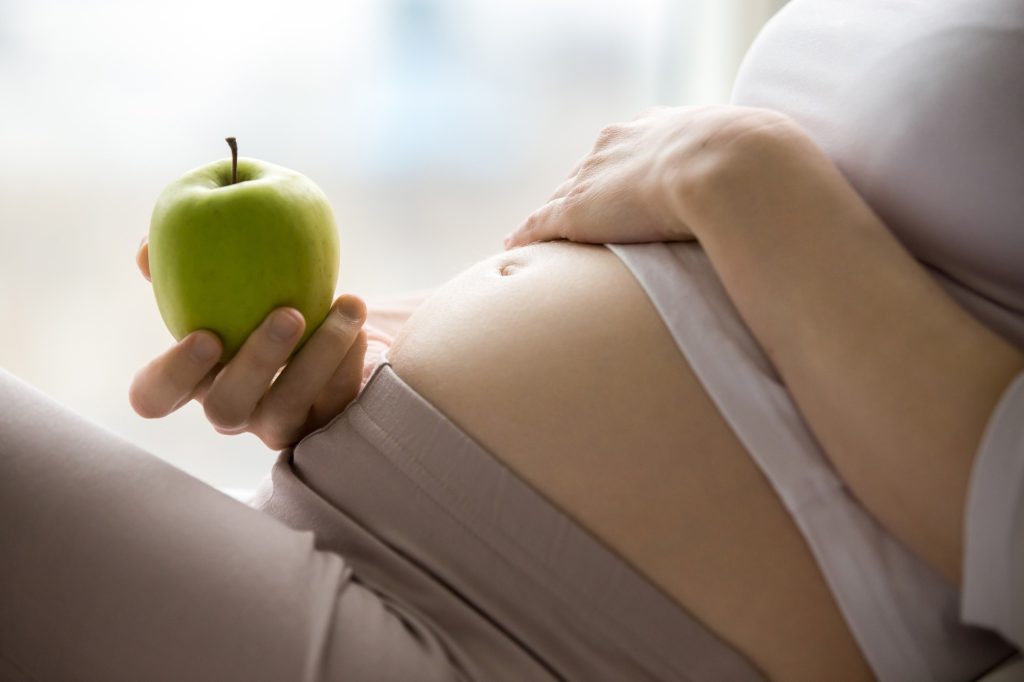
It is important to note that it is best to get these nutrients through a balanced and varied diet. Some good food sources of these nutrients include:
- Folic acid: Leafy green vegetables, citrus fruits, beans, and fortified cereals.
- Iron: Red meat, poultry, fish, beans, fortified cereals, and leafy green vegetables.
- Calcium: Dairy products, leafy green vegetables, tofu, and fortified foods.
- Vitamin D: Fatty fish, egg yolks, and fortified foods.
- Vitamin C: Citrus fruits, strawberries, kiwi, bell peppers, and broccoli.
- Zinc: Red meat, poultry, beans, nuts, and whole grains.
- Vitamin B6: Chicken, fish, potatoes, bananas, and fortified cereals.
If you are unable to get enough of these nutrients through your diet, your healthcare provider may recommend a prenatal vitamin supplement. It is important to discuss your nutritional needs with your healthcare provider to ensure that you are getting the right amounts of each nutrient during pregnancy. We hope you took valuable information from this blog and learned about all the essential nutrients needed for the proper development of the foetus and the physical well-being of the mom-to-be. Wishing you a happy pregnancy!




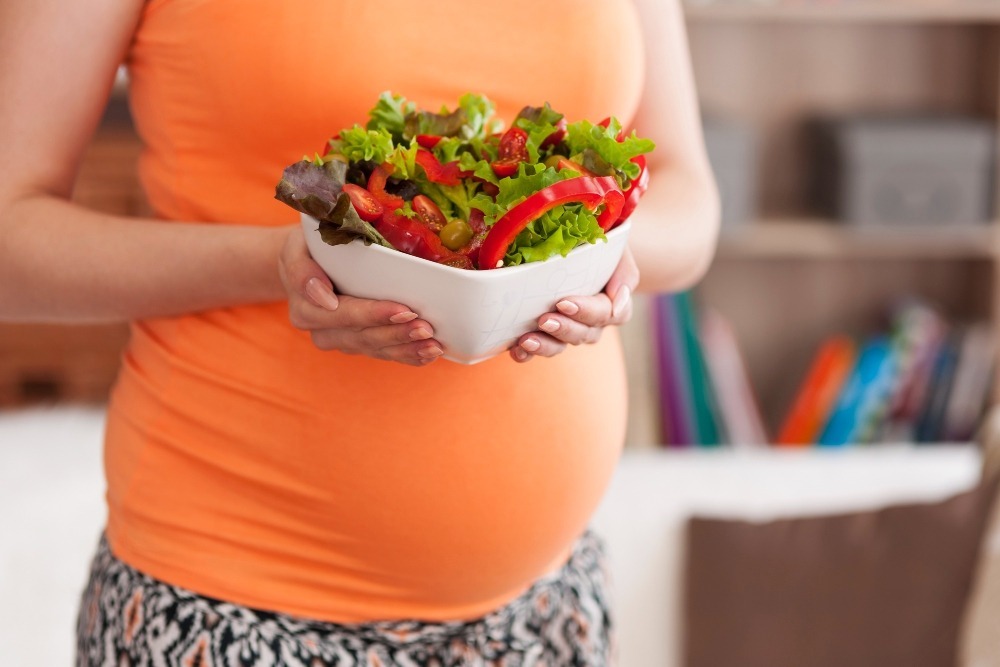

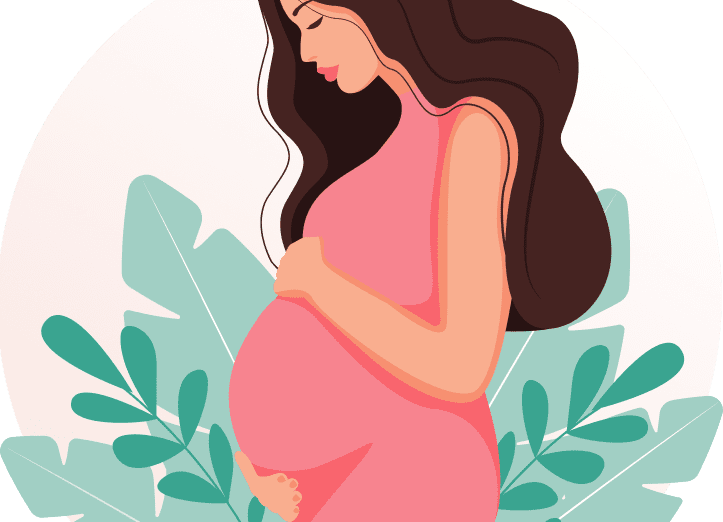



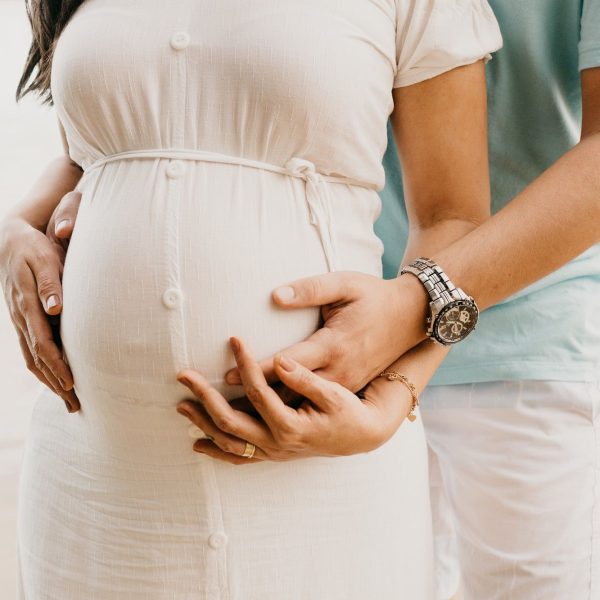

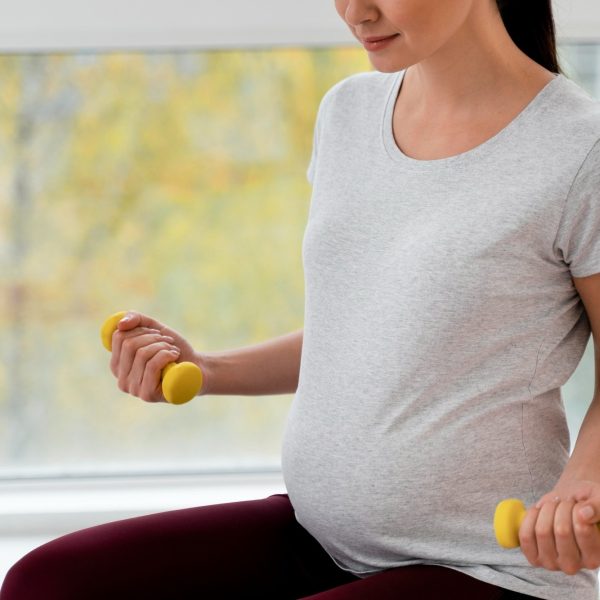
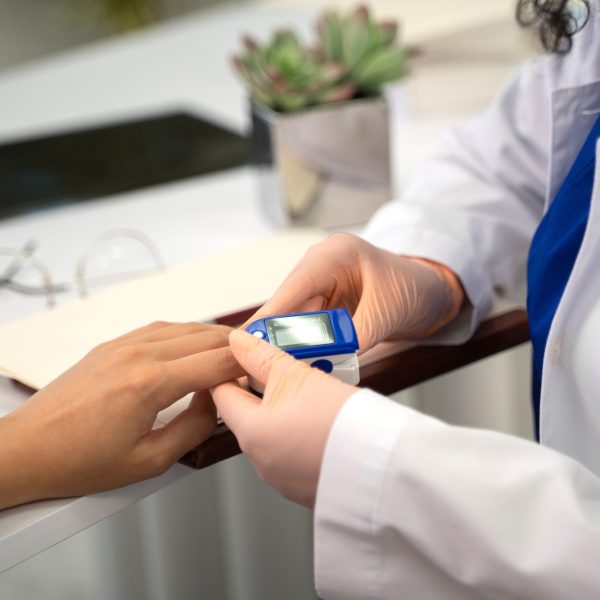
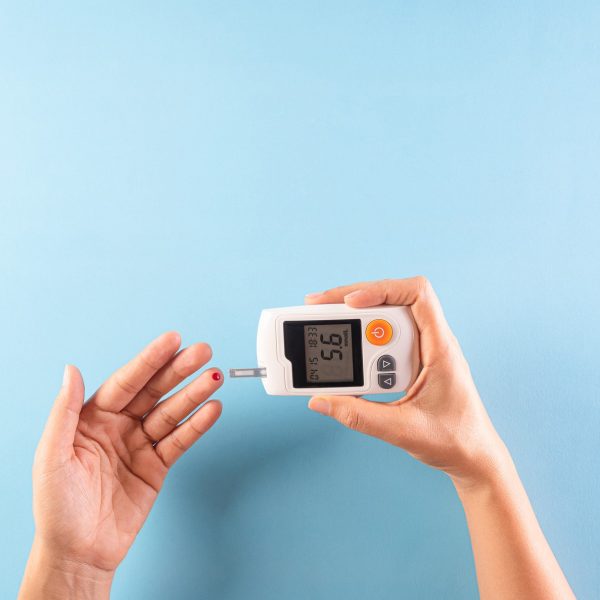
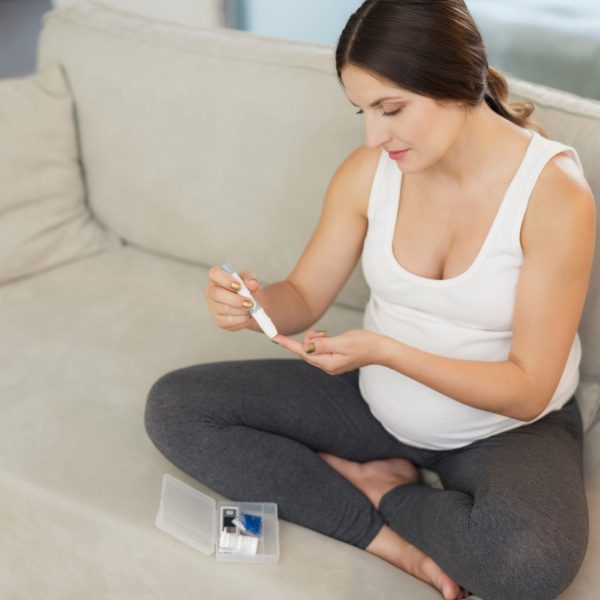


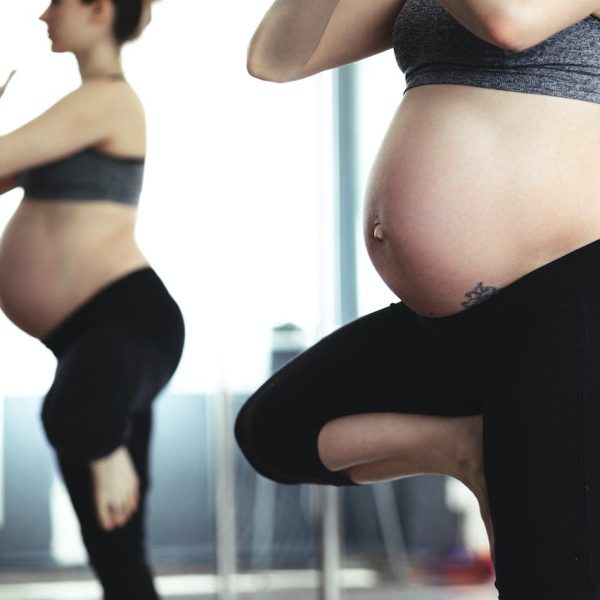








Share this article